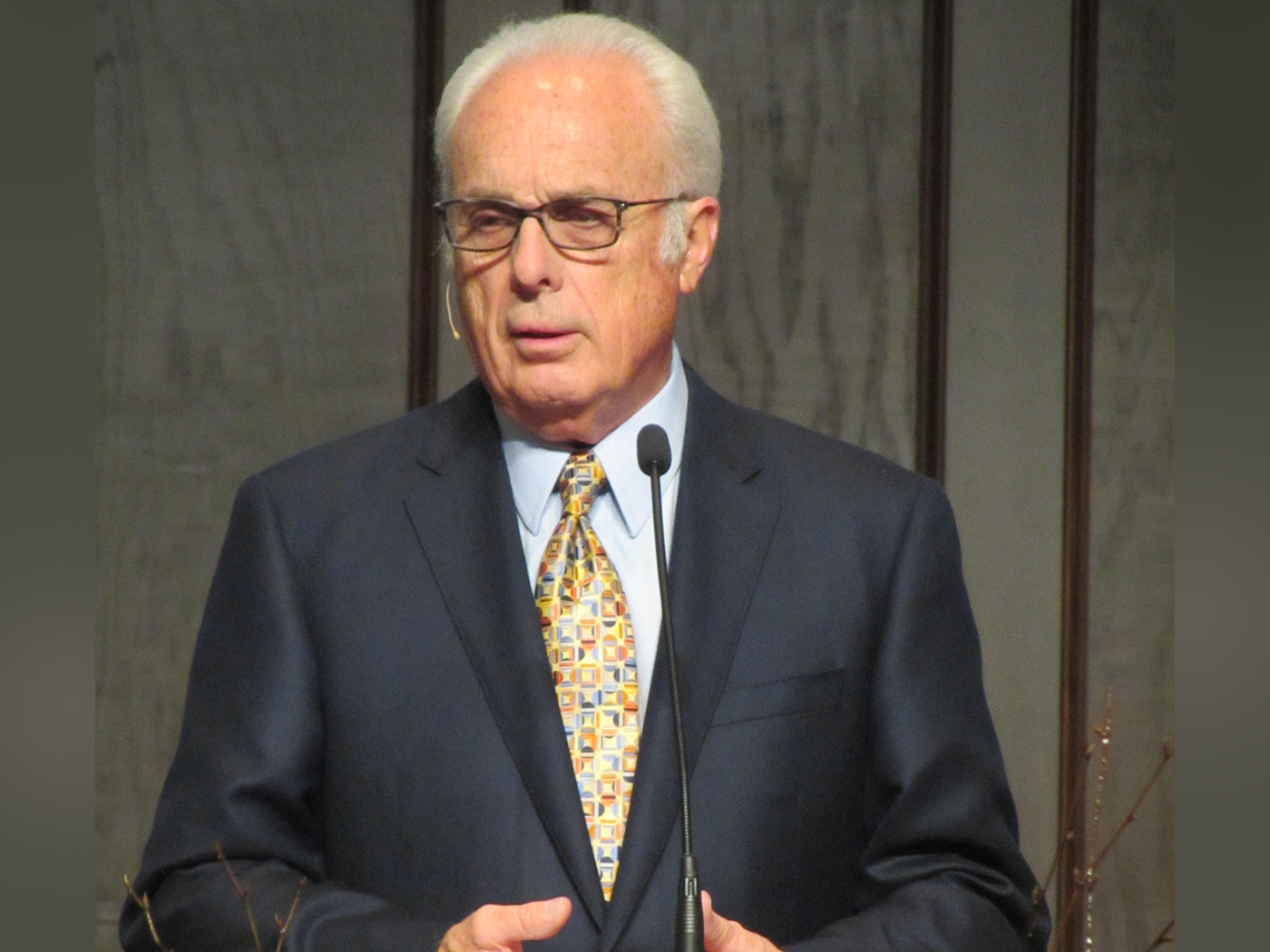The founder of the scientific method, Francis Bacon, taught that God has written two books: the Scriptures and the book of creation (or nature).1 Today, many professing Christians affirm this view. After all, the Scriptures teach that God’s attributes are clearly seen in nature (Romans 1:20). So we can learn about God through both Scripture and science—the systematic study of nature.
But can nature really be considered a book? And what happens when there is an apparent discrepancy between what the Bible teaches and the “record” of nature?
Advocates of the “two-book” view would say that any apparent conflict between science and the Bible is due to a faulty interpretation of one or the other. Thus, our interpretation of Scripture must match our interpretation of nature. They might say that both the Bible and the “book of nature” are inerrant since both were written by God. But our interpretations of each are subject to error. Is this view biblical? Is it logical?
The two-book view has been used to justify all sorts of unbiblical teaching. For example, some people say that the book of nature clearly reveals that all life has evolved from a common ancestor. Thus, we must take Genesis as a metaphor. Others deny evolution but insist that the book of nature teaches that the earth is billions of years old. Therefore, we must interpret the days of Genesis as long ages, not ordinary days.
Such a procedure is dangerous. Interpreting the Bible in light of some other “book of God” is a distinguishing characteristic of cults.
The two-book view is actually a fallacy. The reason is simple: Nature is not a book. It is not something that is comprised of statements in human language. It is not something that a person can literally read or interpret in the same way that we interpret a sentence. This isn’t to say that people cannot learn anything from nature. But it is not a book or record that contains propositional truth.
The advantage of a book is that it is comprised of clear statements in human language that are designed to be understood by the reader. The meaning of a book is the intention of the author. But that’s not the case with nature. What does a rock mean? What does a fossil mean? They don’t literally mean anything because they are not statements made by an author who is intending to convey an idea.
Some advocates of the two-book view refer to things like rocks and fossils as the “record of nature.” But a record is an account in writing that preserves the knowledge of facts or events. Rocks and fossils are not in the written form and are, therefore, not a record.
The Bible, however, records the major events of history in the natural world. The Bible cannot conflict with the record of nature because the Bible is the record of nature!
God knew that people would not properly understand the world around them without clear instructions. After all, the primary purpose of nature is not to teach, but to function. Consequently, the world is not comprised of statements that are easy to understand. Moreover, nature is cursed due to sin. Therefore, God gave us a clear, inerrant account of the major events of history in writing so that we can begin to properly understand nature. Thus, if it is to yield reliable results, scientific research must be conducted in light of the clear teaching of Scripture. God has only written one book—the Bible.
Reference
- Bacon, F. 1828. Of the proficience and advancement of learning, Divine and Human. London: J. F. Dove, 53.
* Dr. Lisle is Director of Physical Sciences at the Institute for Creation Research and received his Ph.D. in Astrophysics from the University of Colorado.
Cite this article: Lisle, J. 2013. The Two-Book Fallacy. Acts & Facts. 42 (1): 9.



















